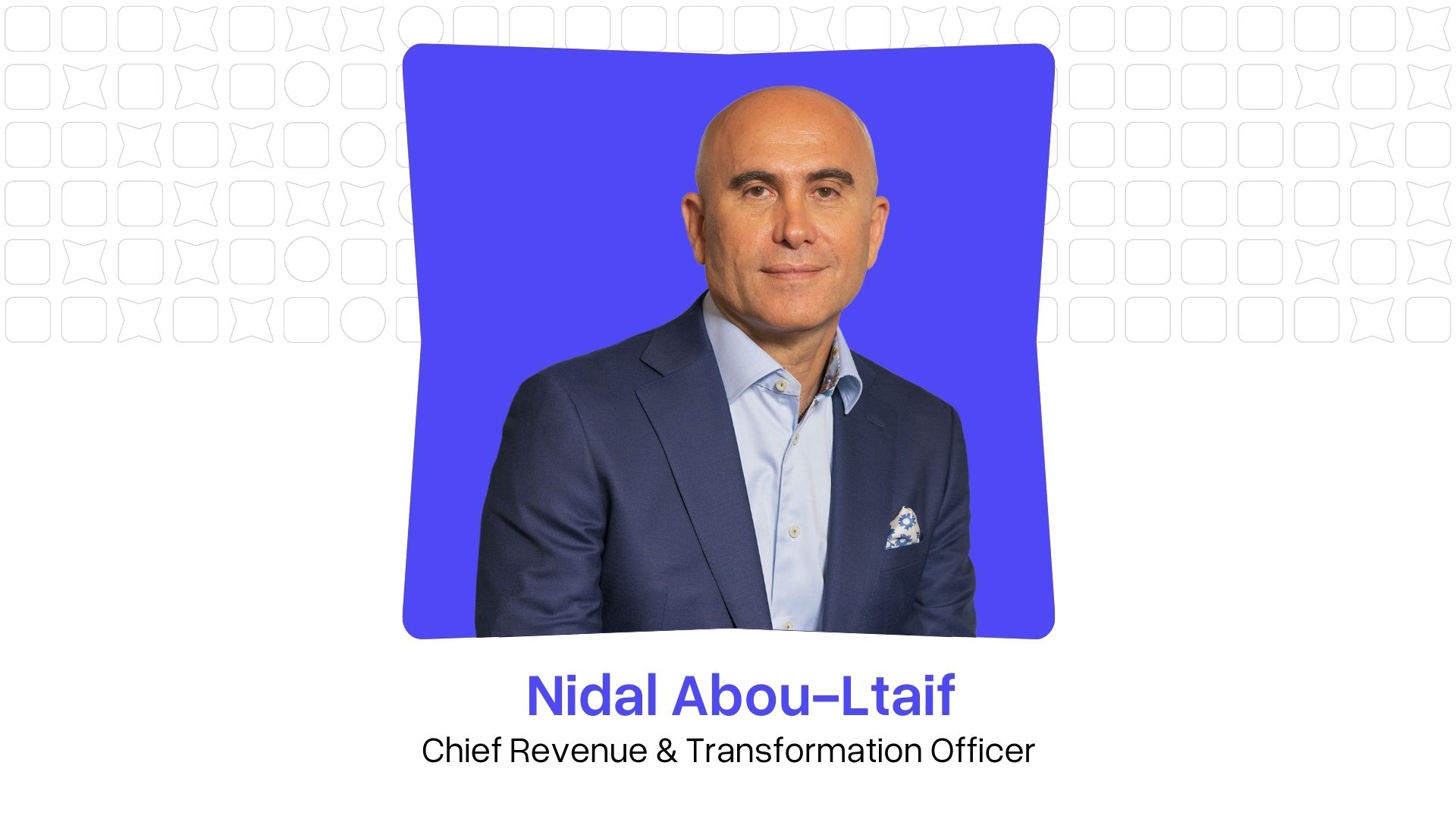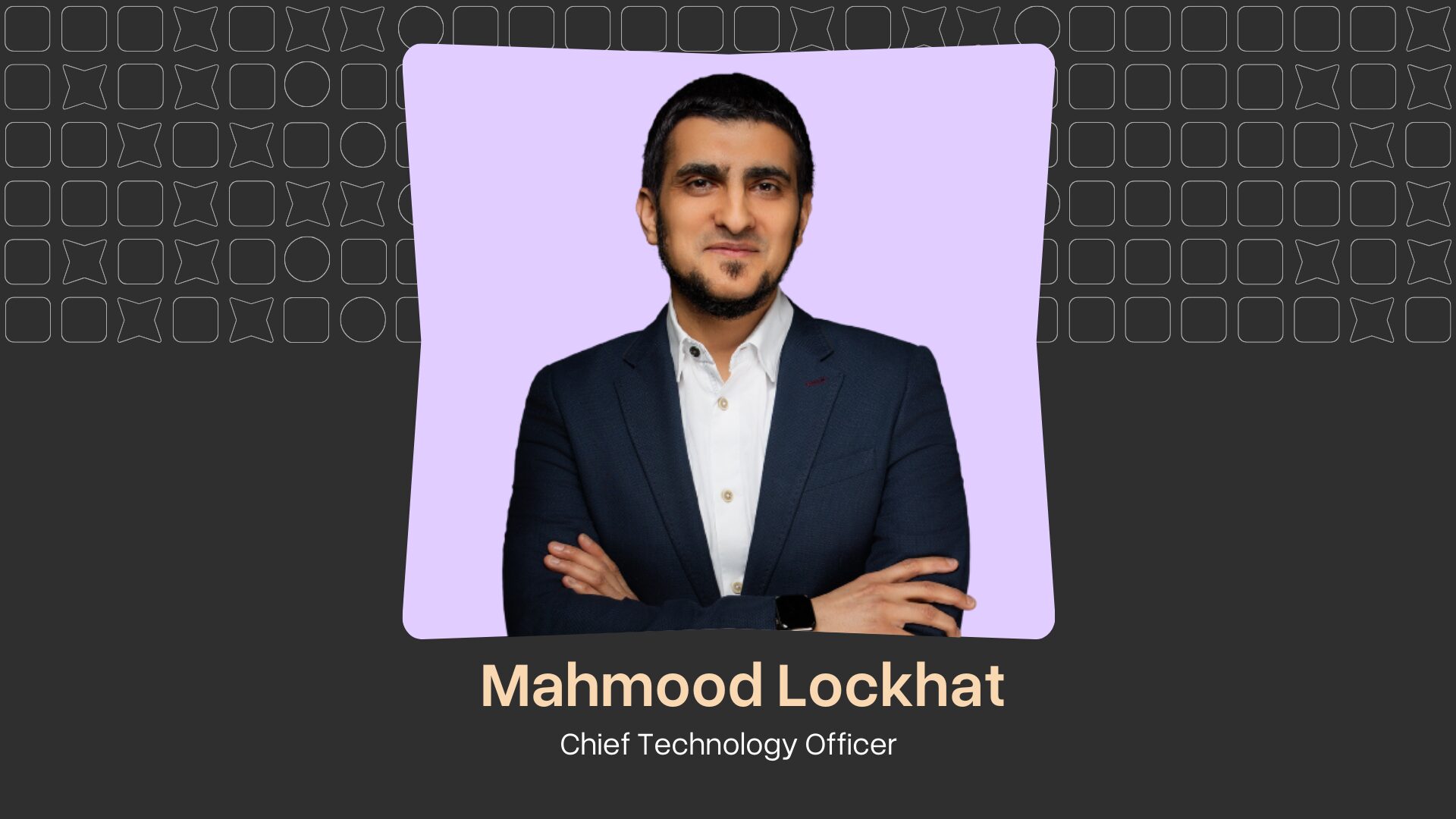There is a moment, after the headlines fade and the handshakes are done, when the real work of leadership begins. It’s quiet, less glamorous, no cameras, only decisions. That’s the moment we are in now. Our future is already taking form, driven by artificial intelligence, digital infrastructure, cybersecurity ecosystems, and systems of intelligence capable of learning, adapting, and acting. What matters now is how we choose to lead in that future. And more precisely: with what Intent.
During Donald Trump’s recent visit to the GCC this May 2025, the region once again stepped onto the global stage, not for spectacle, but for strategic signal. Across the UAE, Saudi Arabia, and Qatar, leaders emphasized long-term investment in AI, cybersecurity, and digital systems designed not just for speed, but for sovereignty, inclusion, and control.
In the UAE, leadership highlighted AI-powered ecosystems that anticipate needs and deliver outcomes with consistency and scale. Saudi Arabia unveiled its “Human” initiative, a bold vision to put AI at the heart of education, healthcare, and workforce transformation—showcasing how autonomy, when governed by purpose, can elevate entire populations. Qatar focused on human-centered design, ensuring AI contributes not just to growth, but to fairness, sustainability, and digital dignity.
This is leadership grounded in Intent: political vision executed with technical precision. These nations are architecting systems that prioritize predictability over volatility, reasoning over reaction, and control over chaos. Their message is clear: transformation must be designed, not drifted into.
Now business must do the same. To lead in the AI-first era, businesses can no longer rely on experimentation alone. They must shift from opportunistic automation to strategic intelligence. This demands more than investment in tools but more importantly, investment in people.
Building systems with clear reasoning paths, architecting AI that not only makes decisions but explains them, and designing platforms that scale autonomy without compromising accountability, are no longer optional. But none of it is sustainable without teams that are equipped, empowered, and trusted to build, adapt, and govern these systems.
Leaders who will shape this era are those who understand that technical capability is a human asset first. Success depends on developing the internal muscle, cultivating teams that understand not just how AI works, but why it matters. This means:
· Embedding continuous knowledge transfer into every implementation,
· Designing learning pathways that upskill employees at every level,
· Fostering cultures of digital fluency and ethical accountability, and
· Ensuring that innovation is not outsourced, but internalized and scaled from within.
We’ve already seen what this looks like in practice. The rise of generative AI was a moment of alignment: governments establishing ethical guardrails, capital funding bold platforms, and businesses rapidly embedding AI into products and services that are governed, explainable, and responsible.
But we’re also seeing the cost of under-designed systems. A leading retail brand’s recent cybersecurity breach, with an estimated £38 million in projected impact, offers a hard lesson: even trusted brands must invest continually in the resilience and preparedness of their digital systems and in the skills of the people who build and maintain them. Trust is not a marketing asset. It is the product of intentional design, of architectures built with transparency, security, and foresight, delivered by teams equipped to execute.
This is the call to action. Not to fear AI, but to shape it. Not to adopt technology, but to govern and grow it from within. Companies that succeed will embed autonomy where it empowers, control where it protects, and ethics where it guides; they will embed knowledge where it sustains, and skills where they multiply.
The triangle is nearly complete. Governments have acted with vision, conviction, and sovereign strategy. Capital is flowing with purpose, accelerating what’s possible. Now, business stands at the point of decision and the final force needed to shape this era with permanence.
This is a moment that calls for courage: to shape progress that lasts. The systems we are building today, across AI, cybersecurity, and human experience will not only define how we work and live but also reflect what we stand for. They will carry our values forward and show the world what we believe progress should look like.
To lead with intent is to earn trust before it’s questioned, to embed integrity into every layer of the system, and to bring clarity where there is complexity. It is to move with purpose, with humanity, and with foresight. This is the role business must now fulfil; the standard the age of intelligence demands, and the kind of leadership the future will remember.





